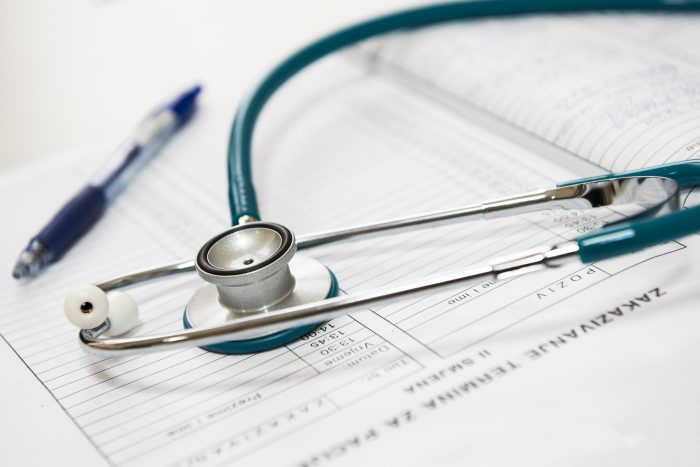What is Chlamydia?
Chlamydia is one of the most common sexually transmitted infections (STIs) in the UK.
It’s passed on through unprotected sex (sex without a condom) and is particularly common in sexually active teenagers and young adults.
If you’re a woman, sexually active and under 25 in England, it’s recommended that you have a chlamydia test once a year, and when you have sex with new or casual partners.
If you’re a man, sexually active and under 25 in England, it’s recommended that you have a chlamydia test once a year if you are not using condoms with new or casual partners.
How do you get Chlamydia?
Chlamydia is a bacterial infection. The bacteria are usually spread through sex or contact with infected genital fluids (semen or vaginal fluid). Chlamydia cannot be passed on through casual contact, such as kissing and hugging, or from sharing baths, towels, swimming pools, toilet seats or cutlery. You can get chlamydia through:
- Unprotected vaginal, anal or oral sex.
- Sharing sex toys that are not washed or covered with a new condom each time they’re used.
- Your genitals coming into contact with your partner’s genitals – this means you can get chlamydia from someone even if there’s no penetration, orgasm or ejaculation.
- Infected semen or vaginal fluid getting into your eye.
- It can also be passed by a pregnant woman to her baby.


Symptoms
Most people with chlamydia do not notice any symptoms and do not know they have it.
If you do develop symptoms, you may experience:
• Pain when peeing.
• Unusual discharge from the vagina, penis or bottom.

- Pain in the tummy.
- Bleeding after sex and bleeding between periods.

- Pain and swelling in the testicles.
Treatment
Chlamydia can usually be treated easily with antibiotics.
It’s important that your current sexual partner and any other recent sexual partners you have had are
also tested and treated to help stop the spread of the infection.
Under-25s who have chlamydia should be have a further test 3 to 6 months after being treated.
This is because young adults who test positive for chlamydia are at increased risk of catching it again.
Preventing Chlamydia
Anyone who’s sexually active can catch chlamydia. You’re most at risk if you have a new sexual partner or do not use a barrier method of contraception, such as a condom, when having sex. You can help to prevent the spread of chlamydia by:
- Using a condom every time you have vaginal or anal sex.
- Using a condom to cover the penis during oral sex.
- Using a dam (a piece of thin, soft plastic or latex) to cover the female genitals during oral sex or when rubbing female genitals together.
- Not sharing sex toys. If you do share sex toys, wash them or cover them with a new condom
- between each person who uses them.
*Uneed2Know do not provide medical advice, all information is for guidance only. Contains public sector information licensed under the Open Government Licence v3.0. https://www.nationalarchives.gov.uk/doc/open-government-licence/version/3/

